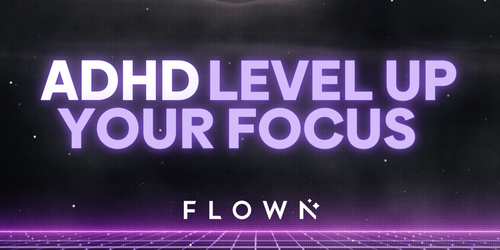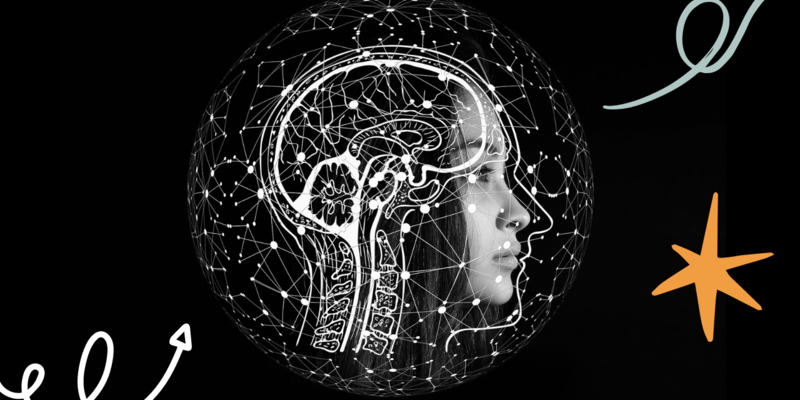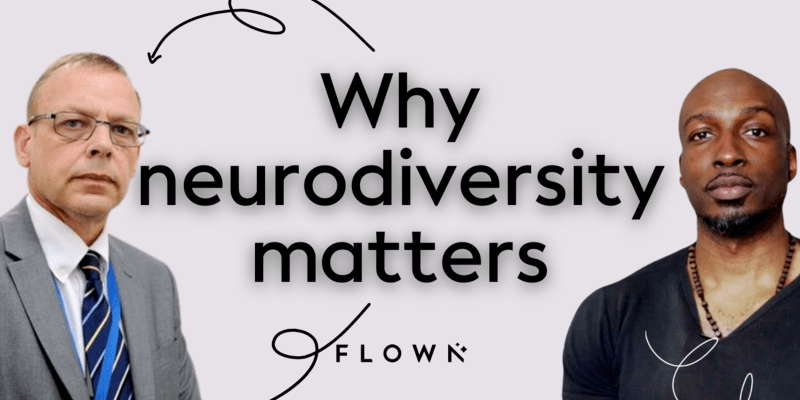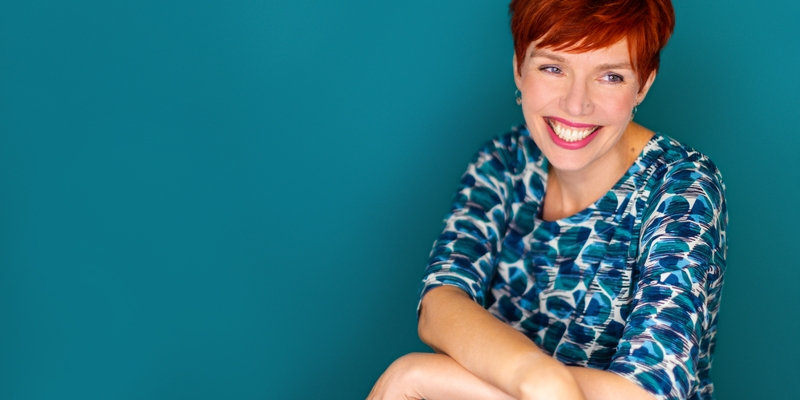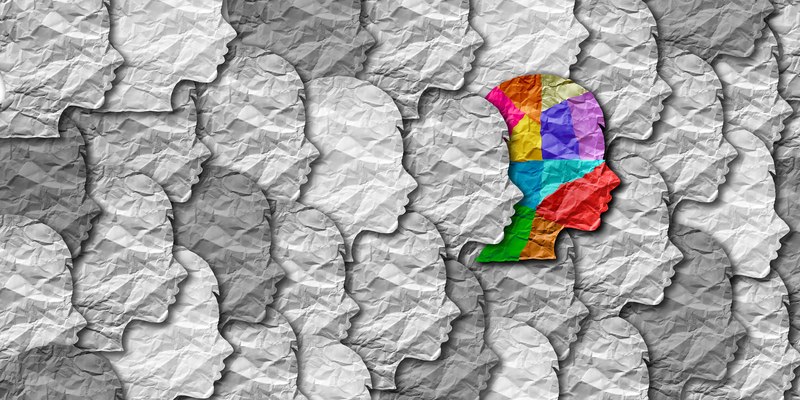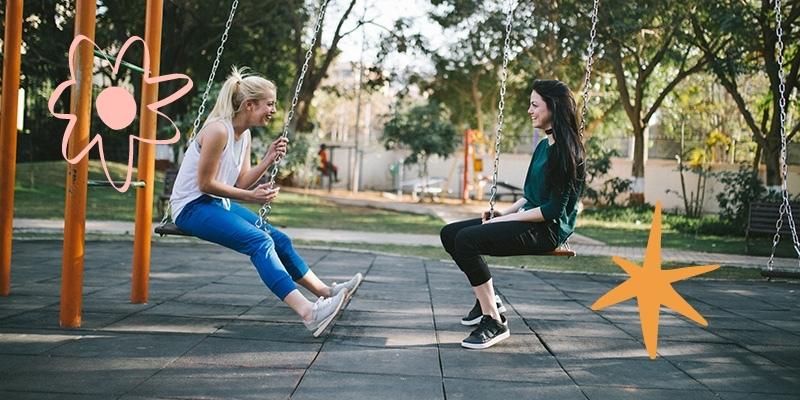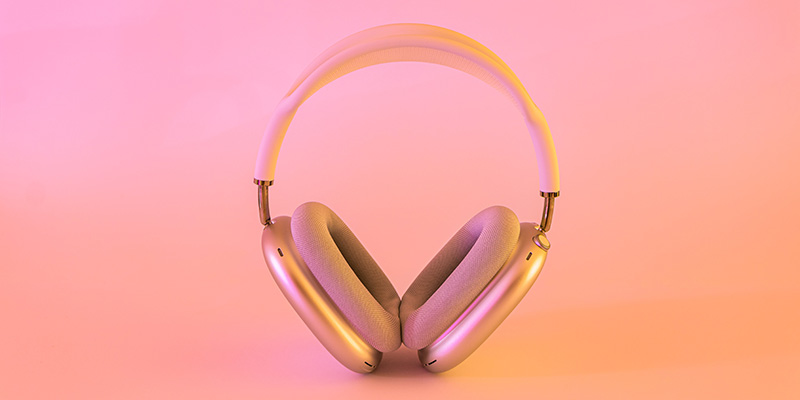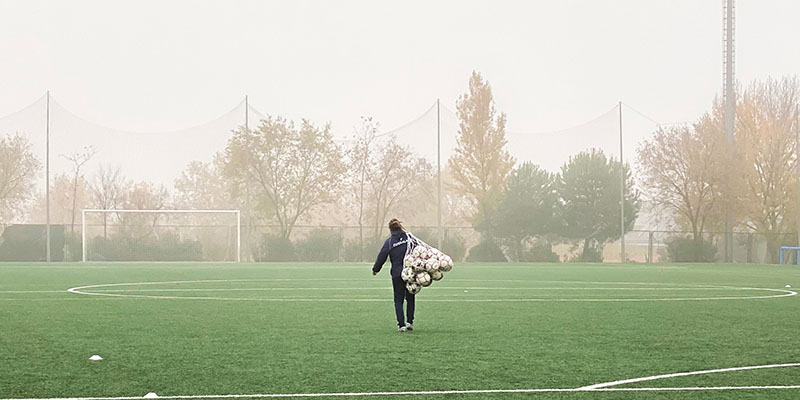Neurodiversity: why we need its beauty AND brains
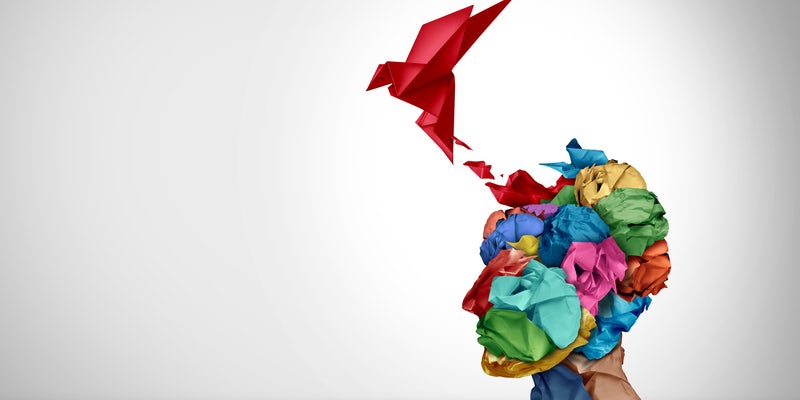

By Eleanor Hope-Jones
•
Mar 02, 2023
Did you know neurodiversity as a term only came into common usage in the 1990s? Judy Singer, an Australian sociologist with autism coined it to help people recognise that everyone’s brain develops in its own unique way.
Meanwhile, Neurodiversity Celebration Week only came into existence in 2018.
Let’s take a closer look at what exactly defines neurodiversity, how it affects individuals in the workplace and why Neurodiversity Celebration Week exists. As well as 5 tips to make sure your neurodivergent employees, colleagues and good selves feel included, empowered and at your best at work.
What is neurodiversity?
“Neurodiversity is the idea that neurological differences like autism and ADHD are the result of normal, natural variation in the human genome”
Everyone, and every brain, is different, but that doesn’t mean one brain is innately better or worse than another. Some brains are better at math whilst others are better at linguistic analysis. Certain brains cast that net of neurological differences further, and we can characterize those differences as:
Autism Spectrum Disorder
Attention Deficit Hyperactivity Disorder
Dyslexia
Dyscalculia
Developmental Language Disorder
Dyspraxia
It’s important to frame these things as differences rather than deficits, so we recognise the benefits of how neurodiverse individuals think. Though people with ADHD may struggle with focus, they also display high levels of creativity, energy and original thinking. People with autism may feel uncomfortable in certain social settings but often have incredible attention to detail, memory and specialist skills.
It’s estimated that roughly 1 in 5 people are neurodiverse - that’s 20% of the population! In fact, experts have theorized that neurodiversity was and is a core part of natural selection and evolution that helped us to survive.
Someone with autism is more likely to excel in processing details of the environment around them when looking for threats, whilst someone with dyslexia could also perceive certain kinds of visual information better and faster than someone who doesn’t have the condition.
You can see how groups of people with that kind of diversity would have survived and indeed thrived, better than groups of humans who all had the exact same kind of brain.
“Neurodiversity may be every bit as crucial for the human race as biodiversity is for life in general”
A useful way to conceptualize celebrating differences is to consider how we instinctively celebrate biodiversity in nature.
We do not describe deciduous trees like Oak or Maple (trees that shed their leaves in the Winter) as having a leaf deficiency disorder, compared to their evergreen cousins. We value every kind of tree based on its individuality.
Then build our world, and gardening habits, around their needs.
Neurodiversity and the workplace
It’s important to note that celebrating neurodiversity as a difference rather than a deficit does not mean neurodiverse people do not struggle or face more challenges than neurotypical people.
Societal constructions, like the traditional workplace, create those challenges.
It’s not surprising to learn only 22% of autistic adults are in any kind of employment, and, individuals with ADHD are 60% more likely to be fired when you consider only 1 in 10 organizations offer any kind of focus or support for neurodiversity at work.
But it’s still not right.
A lack of awareness, appropriate infrastructure and stigma around neurodiversity can preclude neurodiverse people from thriving in certain environments. For example, someone with ADHD may struggle to focus in an open-plan office, whilst someone with Autism may be overlooked for a role for not being a good ‘culture fit’ even though the role requires lots of solo work.
This means employers miss out on the innovative thinking, solutions and approach neurodiverse people have to offer.
The Social Model of Disability is a useful tool here
As a society, we often subconsciously default to the Medical Model of Disability as a way of perceiving the world. This focuses on the individual's diagnosis as the cause of any problems he, she or they might face.
Society may still make adaptions for individuals, but it is through the guise of offering extra for the individual's lack. Like having a ramp behind reception that can be brought out for a wheelchair user on request. Or telling the person with dyslexia they can use some of their learning and development for Grammarly if they wish.
It’s still something the person with the disability or neurodiversity has to overcome by seeking out the adaption when an abled or neurotypical individual would not have to put in that effort.
The Social Model of Disability would view society itself as creating the barrier, not the individual's difference. Therefore it’s the responsibility of the building to always have a ramp available without someone requesting it, or the responsibility of the company to always offer grammar-supporting software on any hardware they give to a new starter.
Remember neurodiversity itself is not necessarily classified as a disability, but it can be under the Equality Act 2010. Lots of neurodiverse people will not view themselves as having a disability, whilst others may find it a useful and necessary label.
🗨️ Nearly 40% of Flown members identify as neurodiverse, and benefit from using 'Flocks'
Flocks are online coworking sessions that run every weekday, designed to provide community and free you from distraction, so that you can get more done, and feel good doing it.
Neurodiversity Celebration Week and why it matters
The 2023 Neurodiversity Celebration Week takes place from Monday the 13th of March to Sunday the 19th of March. It’s a worldwide initiative that aims to change how schools, universities, businesses and society at large perceive and support neurodiverse people. In particular, it shows off the talents and advantages of neurodiversity and empowers individuals to feel confident in their learning differences.
Celebrating neurodiversity in a way that challenges stereotypes is so important as research shows people who’re aware of the concept use the knowledge to adapt and help themselves succeed.
In particular, the words and language people use around neurodiversity matter. Experts have shown that individuals who’re neurodivergent and understand it to mean difference, not sick, unable or defective, are more likely to be happier and more ambitious in their careers.
Who founded Neurodiversity Celebration Week?
“I founded Neurodiversity Celebration Week in 2018 because I wanted to change the way learning differences are perceived.
As a teenager who is autistic and has ADHD, dyslexia, and dyspraxia, my experience has been that people often focus on the challenges of neurological diversity.
I wanted to change the narrative and create a balanced view which focuses equally on our talents and strengths.”
How FLOWN works with neurodiversity experts
We regularly interview various neurodiverse experts on how they find focus and balance in their work life.
From how ADHD coach Kim Allingham advocates for finding your ADHD ‘sweet spot’ to co-author of Neurodiversity at Work Theo Smith’s genuinely inspiring take on how to unleash your ADHD superpowers.
We then use these insights to inform how we develop FLOWN so it can be most useful to our neurodivergent and neurotypical Flownies.

Get 7 days of help from an ADHD coach for FREE
Seven days of powerful insights, tips and tricks straight to your inbox from accredited ADHD coach and psychotherapist Sara-Jane Reilly.
You will:
Learn to understand your unique ADHD brain
Overcome your barriers
Harness your ADHD to achieve what you’re truly capable of
Sign up, and for a week you'll get daily expertise on how to manage your work and wellness to achieve your best.
FLOWN is partnered with Neurodiversity in Business
Recently launched at the Houses of Parliament, Neurodiversity in Business (NiB) is an industry forum to support the participation of neurodiverse individuals in the workplace.
NiB, led by Dan Harris (Chief Executive Officer) draws upon the cumulative knowledge of neurodiverse experts and leading companies to share best practice and improve the employment and experience of the neurodiverse workforce
FLOWN, led by serial entrepreneur Alicia Navarro, is a provider of live and on-demand deep work sessions that help individuals focus and work with intention.
Learn more about our partnership and goals here
5 ways neurotypicals can better support people with neurological differences
If you’re reading this and wondering how you can help, then look no further. Here are FLOWN’s top tips for creating a more inclusive and innovative workplace for neurodiverse people.
Ask how someone likes to be addressed
You may be a little confused about the best way to refer to someone who’s neurodivergent as there is not one agreed-upon best way. Some individuals prefer person-first language that centers them as a human before their diagnosis. That might sound like ‘a person with dyslexia’ or ‘someone who has ADHD’.
Whereas others prefer identity-first language like ‘an autistic person’ or ‘a discalcic colleague’.
If someone has declared their neurodiversity, why not ask them about which language they prefer and how they want to be addressed at work. It's a great first step to show you’re supportive and respectful of neurodiverse individuals.
Offer certain reasonable adjustments openly
Reasonable adjustments come in a range of shapes and sizes, but rather than asking employees to figure out what’s reasonable and how to politely ask for it, consider whether you could offer certain things first.
A form shared during your onboarding process could ask:
How individuals prefer to work (from home, in the office or blended)
If they require noise-canceling headphones
If they’d benefit from software like Grammarly, Freedom or Flown
Neurodiversity Celebration Week 2023 may be a great time to create a seismic shift in how your organization approaches neurological differences.
Reasonable adjustments can go a long way in demonstrating a supportive, safe environment for neurodivergent individuals. Remember you don’t have to give every employee exactly the same treatment if you create a culture that makes everyone feel safe, respected and seen.
Take a look at your HR policies
Your processes may be stopping you from reaping the benefits of hiring diverse talent.
Judging every interview through one objective set of criteria may mean you’re immediately discounting certain neurodiverse people. Individuals with autism and ADHD can often be overly honest about their weaknesses, and are prone to conversational tangents especially when under pressure.
Consider the needs of the specific role you’re hiring for and whether there are other ways than an interview to assess a candidate's ability.
Companies like SAP, Hewlett-Packard Enterprise (HPE), Microsoft, Willis Towers Watson, Ford, and EY have reformed their HR processes in an effort to access neurodiverse talent. Whilst others like Dell, Deloitte and JPMorgan Chase are beginning to explore the idea as well.
Make your line managers and workers more aware
Neurodiversity awareness is crucial to creating an environment where everyone can thrive. Training workshops will give managers and colleagues the confidence to recruit, support and work with neurodiverse colleagues in a positive way.
As well as awareness, training sessions can help your team develop a more clear in-house communication style that avoids sarcasm and implication, and creates a culture of both written and verbal instructions for tasks.
Set up ongoing support ecosystems
It’s important you don’t just hire a person who’s neurodiverse, give them a pair of headphones and leave them to it.
To create meaningful change in your workplace consider setting up ongoing support ecosystems that benefit everyone.
The software company SAP creates a workplace support circle that includes a team manager, a team buddy, a life skills coach and a work mentor with their neurodiverse employees. Meanwhile, HPE puts neurodiverse employees in ‘pods’ where they work alongside neurotypical colleagues so they can all skillshare.
Think carefully about your business and what could work best.
Acknowledging and making adjustments for neurodiversity accepts everyone’s innate uniqueness
When we respect and account for the difference in others, we respect and account for differences in ourselves. In a study, managers reported feeling more capable to manage anyone after going through neurodiversity training, as it encouraged them to think more deeply about how to best leverage every employee’s unique talents and needs.
If you want to create an innovative, inclusive and effective workplace then looking out for neurodivergent employees may be a great place to start.
